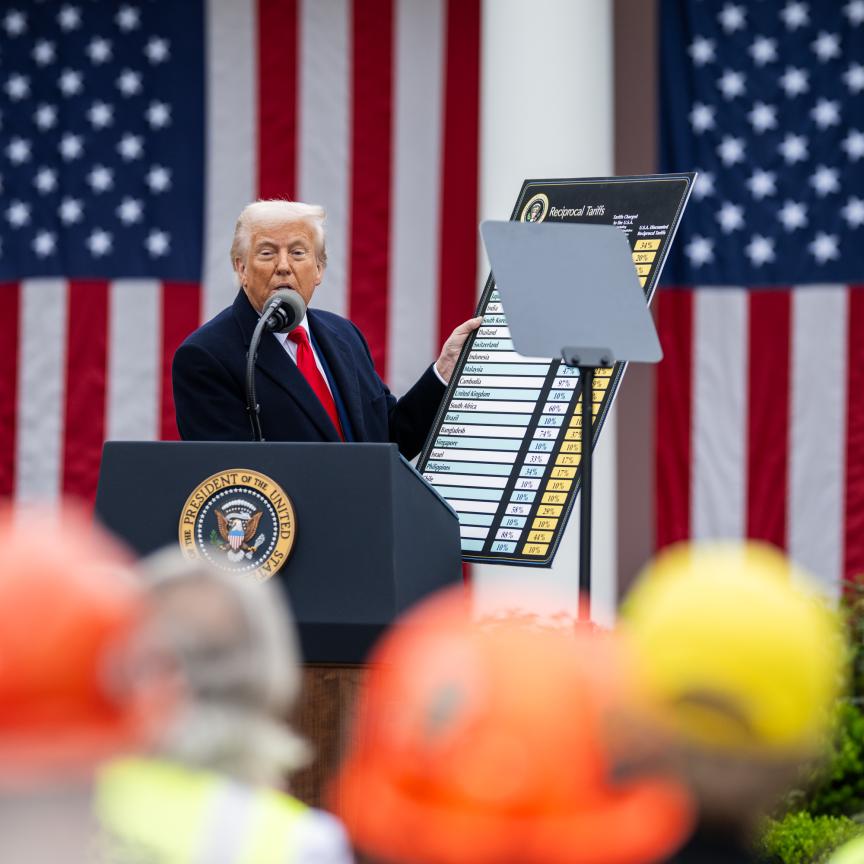Scientists that pioneered the control of ions and their measurement with photons have been awarded a Nobel prize for physics because the technique has opened the door to a new era of experimentation with quantum physics.
Sharing a prize of eight million Swedish Krona, Serge Haroche from the Collège de France and David Wineland of the University of Colorado Boulder, independently invented and developed methods for measuring and manipulating individual particles while preserving their quantum-mechanical nature; in ways that were previously thought unattainable. The new methods allow them to examine, control and count the particles.
Both Laureates work in the field of quantum optics studying the fundamental interaction between light and matter, a field which according to the Nobel committee, ‘has seen considerable progress since the mid-1980s’. The two researchers’ ground-breaking methods have enabled the first steps towards building a new type of super fast computer based on quantum physics.
To achieve this, Wineland’s technique involves using laser beams and creating laser pulses. A laser is used to suppress the ion’s thermal motion, putting the ion in its lowest energy state and enabling the study of quantum phenomena with the trapped ion.

